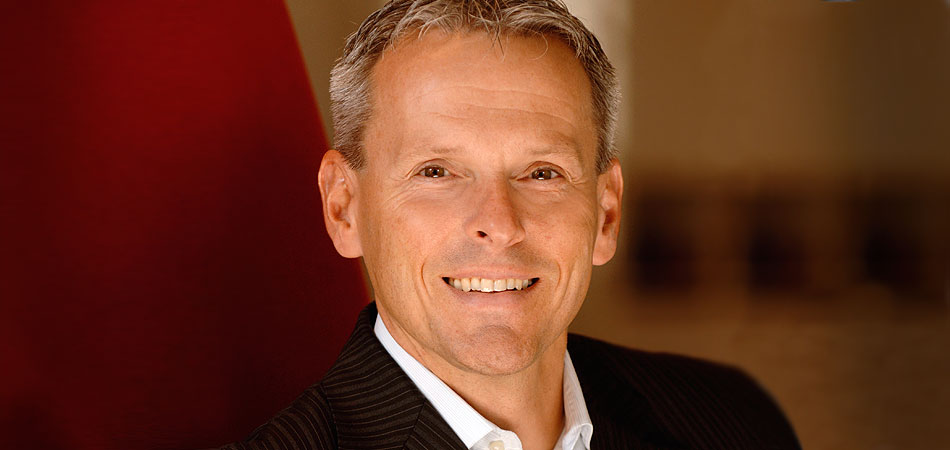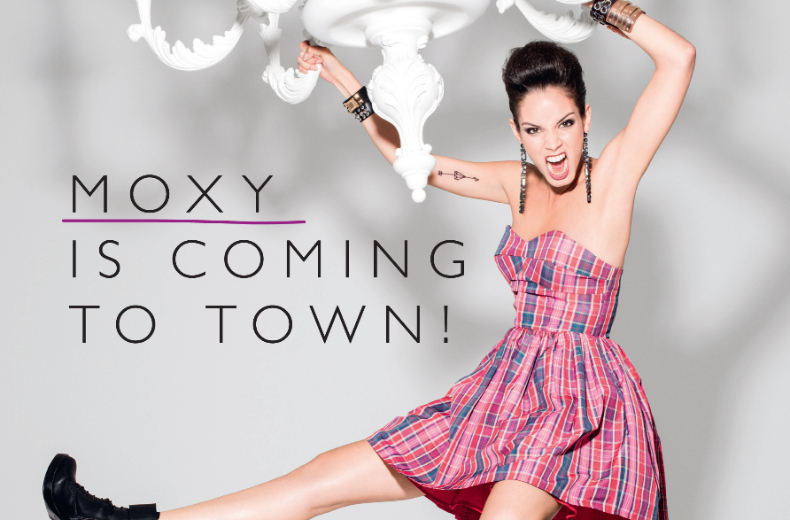
Vienna launches ‘The Blue Danube’ Waltz into space
Drawing inspiration from the Voyager Golden Records, the campaign celebrates Johann Strauss II’s 200th Birthday.
CEO and Founder at BSUR


Career to date:
2015, Board-member International Business School (IBS), of Faculty of Economics and Management (FEM), Amsterdam University of Applied Sciences (AUAS)
2000, Speakers Academy, Speaker
1995, BSUR, CEO/Founder
1993, Rijkenberg & Wijland, Founder/Strategist
1993, GGK, Managing Director
1988, DDB, Client Services Director
1987, TBWA Amsterdam, Account Director
1984, JWT, Account Manager
1982, ARA Rotterdam, Account Executive
1979, Netherlands National Tourist Office, Marketing Coordinator
Jan Rijkenberg: My primary focus is to further develop BSUR as a ‘global micro network’. Right now we have offices in Amsterdam, Shanghai and São Paulo and we want to develop further as an international player: creating universal strategies and campaigns for international clients.
Jan Rijkenberg: I started as a marketing manager at the Netherlands National Tourist Office when I was 22. I briefed agencies in several European countries to create campaigns to attract tourists. I apologize now for the very poor briefings I probably gave them! But I got inspired by those people ‘at the other side of the table’ and I knew this was what I wanted to do for the rest of my life. I worked at a number of agencies, including JWT Amsterdam when they were the most awarded agency, and there I had the privilege of learning with some really inspirational leaders. The longest and most exciting time I spent at DDB as joint client services director and strategist, responsible for 80% of the agencies revenue. But I couldn’t suppress my entrepreneurial genes for long, and so I started BSUR in 1995.
“Companies forget that brand building is a long-term process and the best ideas grow in a relationship of trust. Pitches place a heavy financial burden on agencies, and clients need to be upfront about what they can offer in terms of continuity and income.”
Jan Rijkenberg: In Amsterdam we have a saying ‘Don’t sell potatoes as melons’ and this was one of the inspirations when I formed BSUR (Be As You Are) with my business partner Joost Perik. We like to uncover the distinctive vision or soul that lies within a brand, and communicate this truthfully. As we all know, the digital landscape has dramatically changed the relationship between consumers and brands, and so it is more important than ever for brands to speak honestly and ‘be as they are’! Appealing to universal values is also very useful when building international campaigns.
The BSUR approach also applies to our people. We recruit diverse people from different backgrounds and nationalities, and work hard to maintain an environment where all can flourish and grow in their particular ways. We believe this diversity is the best way to reach long-lasting solutions for our clients.
Jan Rijkenberg: Pope Francis! It’s inspiring to see this man attempt a massive program of change within such a corpulent, corporate institution. Mainly by just staying true to himself and to his visionary leader of 2000 years ago.
Jan Rijkenberg: Creating a completely new brand language for Moxy hotels (a joint venture between Marriott and Ikea), a brand-new, affordable design hotel concept for ‘millennials’. They will open 150 hotels in the next 10 years so it was a massive project. We created everything you can see, hear, feel, touch and smell when you walk into those hotels.

Jan Rijkenberg: Of course, we are not a member of the UK organisation the IPA, but I was very interested to read the plans of the new President Tom Knox. At BSUR we fundamentally believe that commercial considerations do not need to be at the expense of society, so looking forward to seeing how this new focus in the UK improves our industry worldwide.
Jan Rijkenberg: I love to read books from great leaders or strong personalities, from Winston Churchill, general Patton to Agassi. In our business this means I am very much inspired by visionary leaders like Richard Branson and Steve Jobs. They inspired me to write my book ‘Concepting’ about brands starting with a vision. I particularly love the mantra from the founders of Ben & Jerry’s: ‘Lead with your values and earn some money too’. In that order.
“Consumers are being served content that is technically ‘relevant’, but actually deeply uninspiring”
Jan Rijkenberg: We provide lunch every day at BSUR, and when possible encourage everyone to sit together in our lounge and kitchen. Conversations here are certainly my favourite way to stay in-touch!
Jan Rijkenberg: I admire the Always #likeagirl campaign enormously. A cultural truth that transcends borders, and playing a positive role at the same time. Wonderful work.
My old agency JWT also came up with a great idea that I thought would get talked about a bit more – hashtag repair for Berocca. Very simple, quick, and inexpensive, and generated a nice amount of goodwill and awareness for the brand.
Jan Rijkenberg: With many clients increasingly moving to a ‘specialist agency’ for every communication tool, there is a real challenge (but also opportunity) for lead agencies to become a genuine partner to our clients, helping them navigate that complexity.
Jan Rijkenberg: The media landscape is undoubtedly more fragmented than ever before. And the possibilities for targeting are incredible. But I feel that as creatives we are lagging behind the technology. Consumers are being served content that is technically ‘relevant’, but actually deeply uninspiring.
Jan Rijkenberg: The traditional pitch can be a real danger to agencies when the process is no longer about building a strong partnership that will last for years to come, but (as is increasingly the case) about ‘projects’, or nonsensical changes in direction as decision makers rotate too frequently. Companies forget that brand building is a long-term process and the best ideas grow in a relationship of trust. Pitches place a heavy financial burden on agencies, and clients need to be upfront about what they can offer in terms of continuity and income.
“We like to uncover the distinctive vision or soul that lies within a brand, and communicate this truthfully”
Jan Rijkenberg: MINI global lead agency pitch in 2008. Very well led by The Observatory and a client who was looking for a long-term partner rather than a quick idea. We won and built a very fruitful relationship. All the work has been striking and effective, and a good few awards were a bonus for the agency.
Jan Rijkenberg: I believe that agencies are generally very responsible communicators. But this younger generation of consumers are more values driven than ever before. As the intermediary between a brand and it’s consumers we need to ensure that companies do not miss this seismic shift, and help them see that the corporate world really can affect many of the environment and ethical changes that consumers want to see.
Jan Rijkenberg: Having a hub in North America too, to be even more interesting for global clients searching for a multi-talented, multi-nationalities ‘micro network’.
When asked how do you define success, Will.i.am recently said, “Adoption. That’s when you know it’s penetrated.” Metrics for success are evolving, how do you evaluate this for your clients?
Since we do the lead agency role for many clients, one of the most important metrics is the ‘strike rate’ of local markets who adopt central work. It says a lot about the quality and appeal of the work, and of course saves clients a lot of local development costs.
Looks like you need to create a Creativebrief account to perform this action.
Create account Sign inLooks like you need to create a Creativebrief account to perform this action.
Create account Sign in